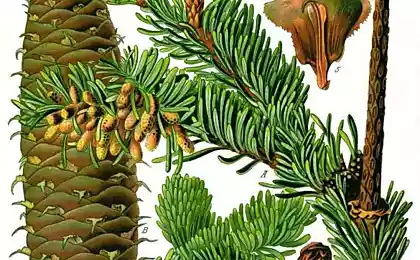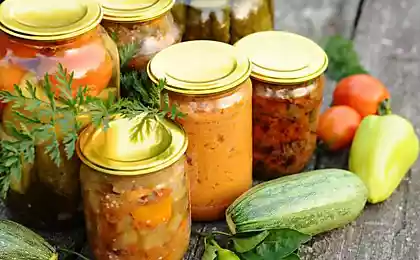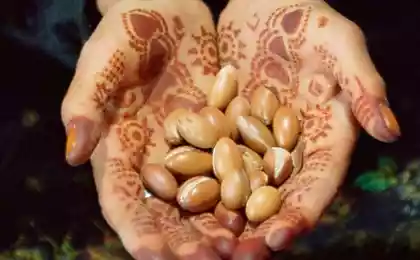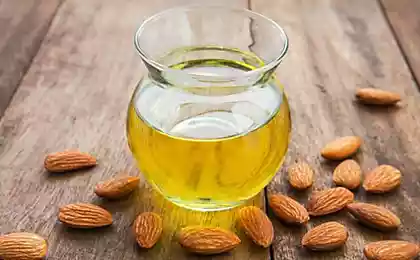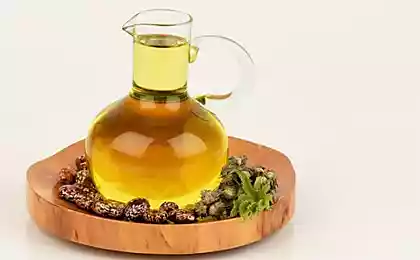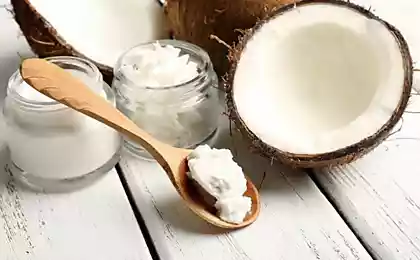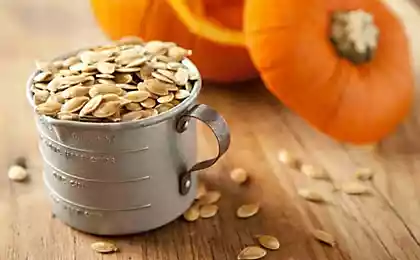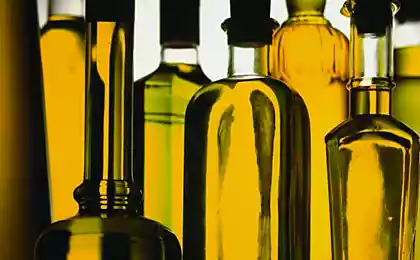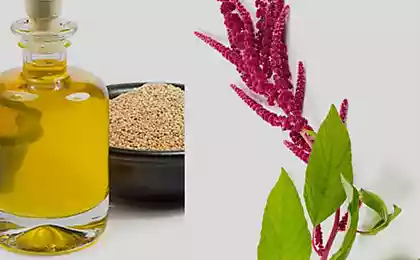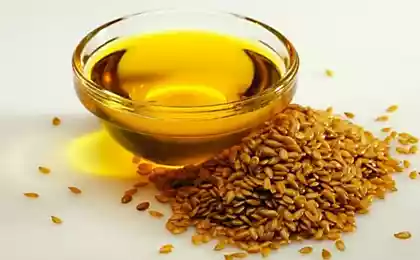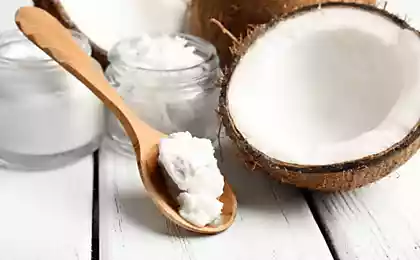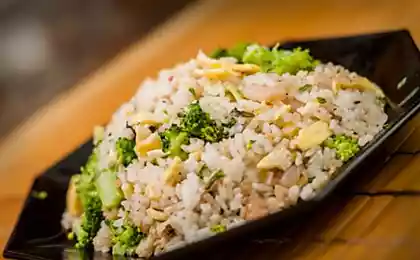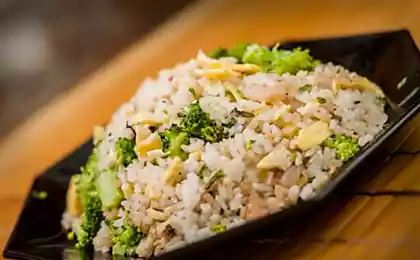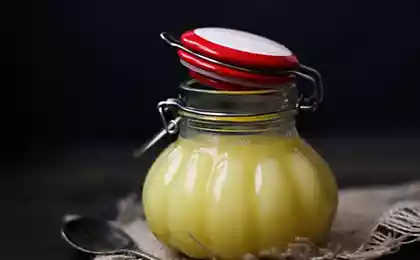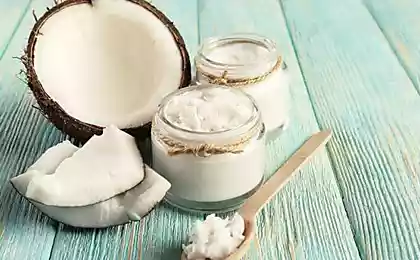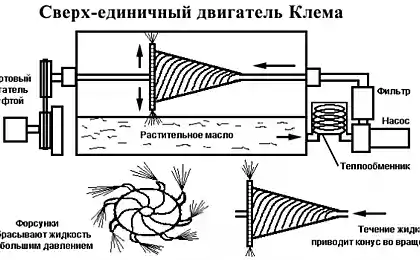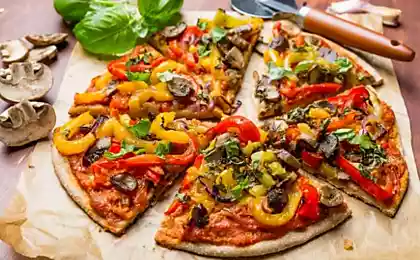529
The truth about the manufacture of vegetable oil
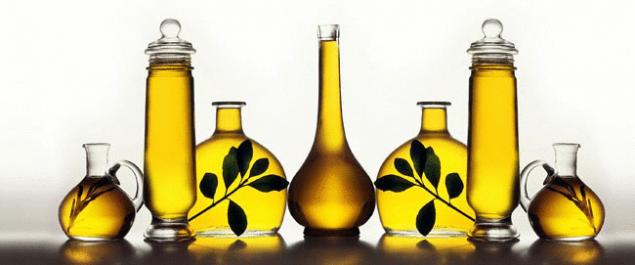
Today such a wide variety of vegetable oils that sometimes it is difficult to understand what is useful and what is not.
So let's look at 3 main method of obtaining vegetable oil.
The first method — cold pressed oils at low temperatures
This is the most "natural" method of obtaining organic oils of: using a press. The seeds are placed under the press, and due to the strong pressure, he becomes in a natural way. Oil output is not heated above 40-42 degrees: such a low temperature allows to retain all the nutrients.
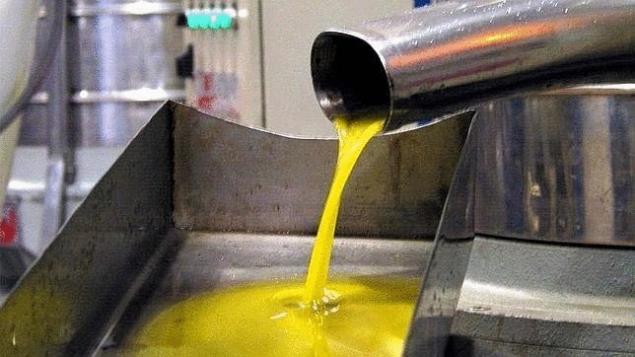
It turns out that this oil is not treated: no temperature or chemistry! After pressing it just defend, then filtered and bottled. In the conditions of modern production is "love" related to the raw materials and final product quality is rare and very valuable. Such a fluid for the manufacture of care. reminiscent of fresh juice, only seeds!
It is remarkable that with this method of manufacture it is possible to use only seeds of the highest quality. Since the whole process is very neat and careful, oil is extracted from seeds only 27% of the total amount. For its value and rich composition, it can be compared with the oil Extra Virgin. And some of the vital elements (for example, vitamin E) in even more compared to olive!
The second method is cold pressing after pre-treatment
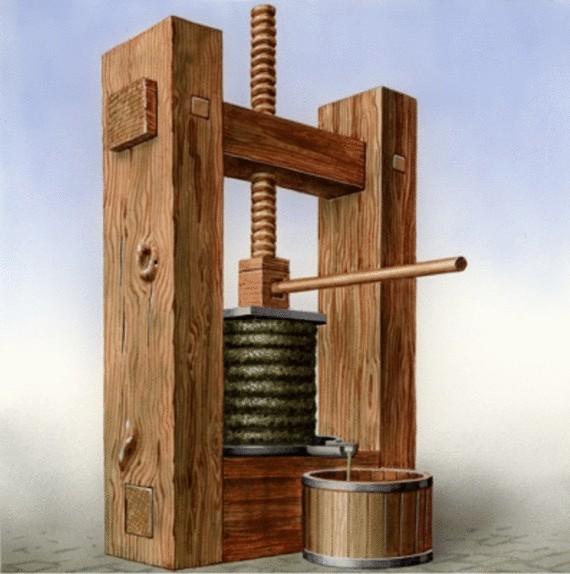
With this method of production the seeds are first processed in chafing dishes. Producers is definitely more advantageous since you can get already 27, and 43% oil of the total amount contained in the original product. And thanks vegetableoil the treatment is not important, what seeds to make: not necessarily the highest grade, the final product is not affected!
Sounds great, but with this method of manufacture most of the nutrients and various trace elements laid down in the seeds with mother nature, alas, die. In addition, these oils are meticulously filtered and this increases the acid number of the product, and further reduced the amount of vitamins in the composition.
Though this method is not as wonderful as the first, but, nevertheless, of the useful properties in the final product still remains. Buying it in the store, we can be sure it is secure for health.
A third method. Extraction, or How to produce all the refined oil
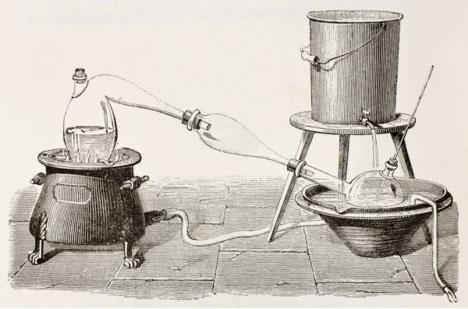
This method simply a fairy tale for all producers: it is possible to extract 98% of the oil from the feedstock! Also doesn't matter what the quality of the product to take.
But it's not just something you have to sacrifice. To get oil this way seeds pour gasoline fractions. Hexane, for example. When seeds are formed the oil, this hexane is removed with the help of water vapor, and its remnants are cleaned with lye. Output in the finished product there are different undesirable substances: resins and pigments. Solvent residues are rarely completely evaporated.
Before obtained by the extraction of oil can be eaten or used in medicine, it needs to pass several stages of purification: refining, then hydration, then whitening, after – deodorization and finally a couple more steps of filtration.
On hearing the phrase about oils that are 7 stages of filtration. It's true! Extraction oil can be endlessly clean, filter, purify, filter – to get rid of chemical gas components.
What happens in the end? Product without any signs of life: without a single color and with a complete lack of any smell. The resulting slurry is bottled, and all the labels proudly write "oil", introducing all buyers in the delusion that it is. But it's cheap and everyone is happy to buy it! Interestingly, in Russian supermarkets, for example, that of refined oil a year sold more than the number of seeds grown in Russia and the CIS! How is this possible? Using cheap palm oil, which diluted the already deodorized, refined and chemically processed oils.
Now I understand why vegetable oil HARMFUL?
Because it is impossible, even with the long and high-quality treatment, remove the remains of chemicals and gasoline – they will be present in the finished product. Besides the refined oil is subjected to heat treatment and chemicals, in contrast to the natural, very low content of vitamins, proteins, phosphatides, chlorophyll and carotene. Its composition is saturated fats and is very different from what "thought" originally by nature.
We then eat! Fry meals in butter with petrol! But few people know that during high-temperature chemical reactions occur, resulting in the formation of a new, extremely toxic compounds. Therefore, the oil in any case can not be heated over 150 degrees or to use them again! But in the pan it reaches a temperature as 250 degrees!!!
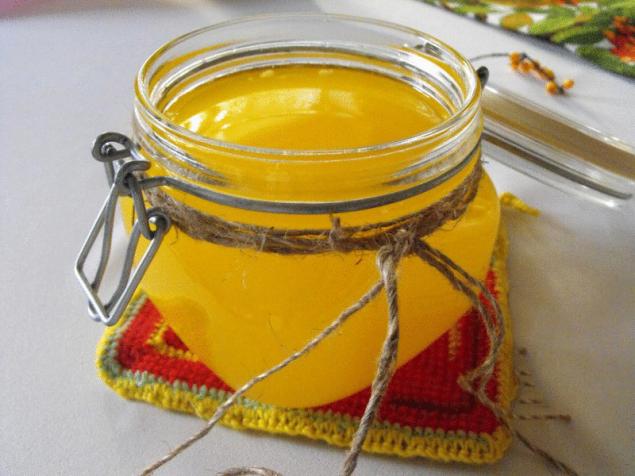
Throughout life we are absolutely not thinking used is highly toxic a miracle food, and even gasoline, and then are surprised with his unexpected illness and poor health. Resent, as people at an early age sick with cancer and age faster than ever before...
The most gentle and innocuous variant – frying in ghee. Ideally, if you do it manually melt down. And do it right.
But better still of course try not to fry at all. Instead of frying, food can be put out! What good is this method of cooking? And that oil you poured not on a clean pan, and the water temperature which will not heat up above 100 degrees.
You can fry in butter, unless it's cold pressed. It hasn't been heat treated, and when you're frying, harmful substances are formed immediately. There is still oil from high oleic sunflower seeds – so even after multiple visits frying carcinogens are not formed.
And ordinary vegetable oil better to add to salads. Necessarily crude: it contains several times more vitamins and nutrients than refined.
Be careful which oil you buy in the store, choose the preferably cold-pressed or just nerafinirovannoye and do not allow manufacturers to deceive yourself!
Source: rodovid.me

